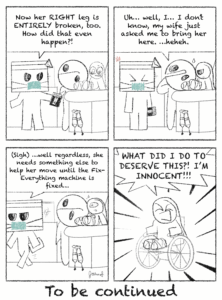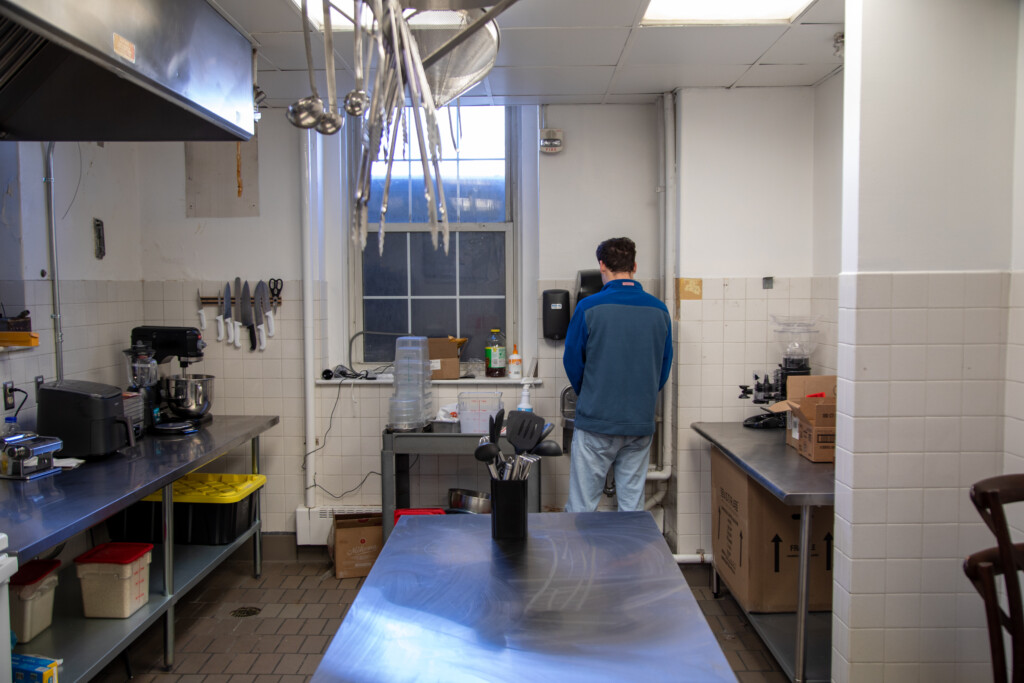UR faculty and other academics gathered for a panel discussion Thursday in the Interfaith Chapel to debate President George W. Bush?s plan to encourage faith-based organizations to compete for government funding.
Bush has spotlighted the value of work by faith-based and other charitable groups.
The White House proposed legislation Jan. 30 affecting charitable deductions, contributions and certain donations to these charities.
University chaplain Gregory Parris, one of six panelists, argued that churches are already established as respected outlets in the inner cities that the government is trying to target.
If government gives the money to churches, they can in turn funnel it to where it is needed most, Parris said.
?The church takes money and gives jobs to inner-city people,? he said. ?It rebuilds neighborhoods and lives by bringing positive money into bad neighborhoods.?
In many cases, churches in poor neighborhoods may be in financial trouble. Funding would allow them to stay where they are needed, Parris said.
Professor of Religion and Classics William Green, who moderated the event, said this proposed plan will force the government to do exactly what the First Amendment forced us not to do ? decide which religions are valid.
Deciding which religion should receive money is an issue few want to get into. What if Church ?A? discriminates against a certain group, such as homosexuals? Does this encourage the people that this church is hiring and running charities for to maintain this view?
These are just some of the questions that the panelists proposed.
Churches have always been there and their views are not new, Parris said.
?It?s like a ship taking on new supplies,? he said.
Green argued that the First Amendment allows all religions to coexist in peace.
?America is the most religious country on the planet,? he said.
He asked who would decide which church get funding.
?Everyone should avoid the nightmarish situation that Washington bureaucrats dabbling in theology would be,? agreed the Rev. Curt Cadorette, a professor of religion at UR.
The Interfaith Chapel, the Community Learning Center and the Undergraduate Political Science Council sponsored the event.



